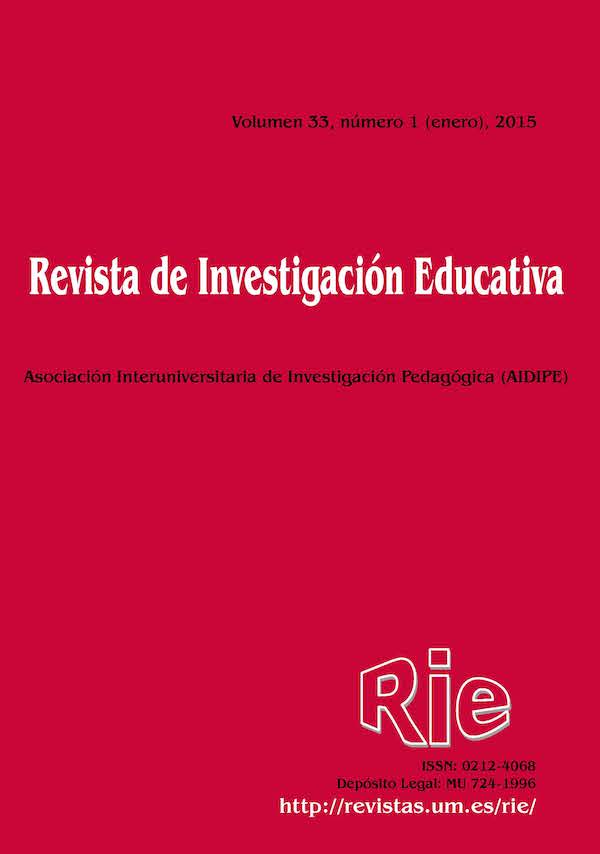Interdisciplinary coordination through problem based learning. An application in “operations management” and “business statistics” subjects
Abstract
A key aspect of the EEES is that the different subjects that make up a degree cannot be conceived in isolation as for contents nor methodologies. The future graduate student has to acquire, in addition to knowledge, other skills that prepare him for his future career. The student should be trained under a multidisciplinary approach so that he can learn to find synergies between knowledge, skills and abilities acquired.
In this context, a new experience of educational innovation is described through the interdisciplinary coordination of subjects such as ‘Production Management’ and ‘Business Statistics’, both included in the Business Administration Degree. The general objective is achieved through the development of a joint work, in which the student can apply and inter-relate the knowledge acquired in various subjects. For the development of the common work, based problem learning is used. The results have shown that the integration of knowledge through interdisciplinary coordination is highly valued by students.
Downloads
-
Abstract2178
-
PDF (Español (España))1606
The articles and scientific documents published in RIE abide the following conditions:
1. The Servicio de Publicaciones de la Universidad de Murcia (the publisher) has the property rights (copyright) of all the documents published and allows the reuse under the user’s license indicated in point 2.
2. All documents are published in the digital edition of RIE under a Creative Commons Reconocimiento-NoComercial-SinObraDerivada 4.0 Internacional. (legal document) license. These documents can be copied, used, distributed, communicated and explained publicly if: i) the author(s) and its original source of publishing (magazine, publisher and URL of the document) are cited; ii) it is not used for commercial purpose; iii) the existence and the specifications about this license are mentioned.
3. Auto-archive’s conditions. The authors are allowed and encouraged to digitally distribute the pre-print versions (a version before evaluation) and/or post-print (a version that it is already evaluated and accepted to its publication). This promotes circulation and distribution earlier and can increase the citations and significance within the academic community.










